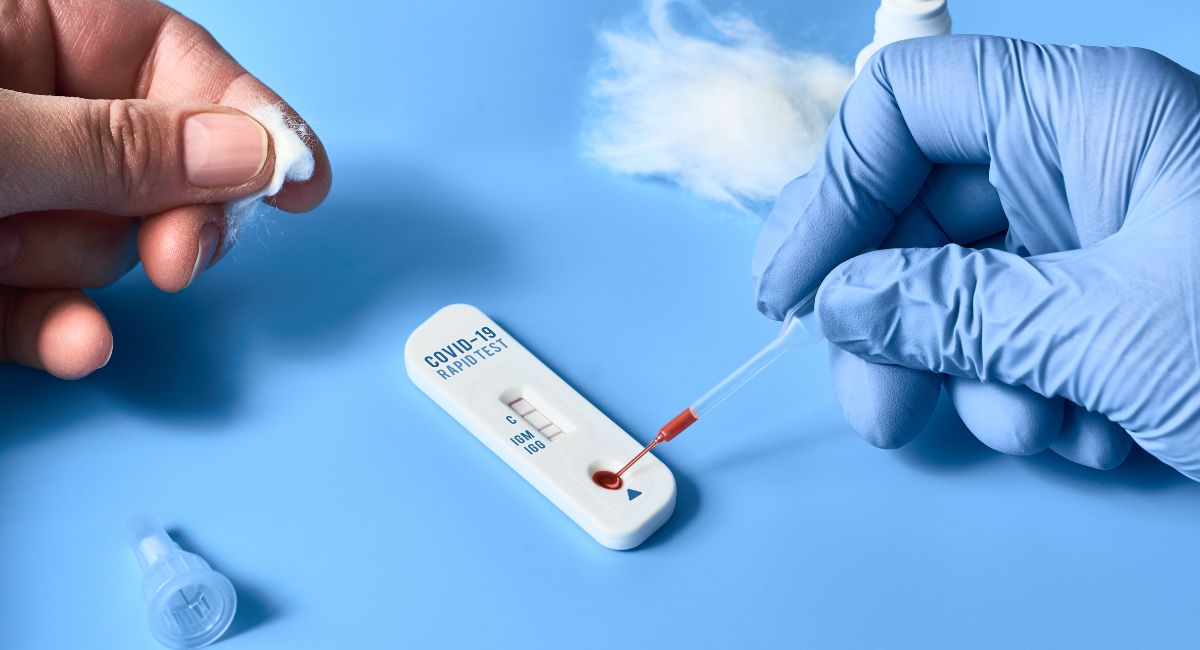Donnabelle Arevalo | Asian Journal
Identifying misinformation
“Mis/disinformation isn’t going anywhere,” said National Conference on Citizenship (NCoC) CEO Cameron Hickey during a webinar on COVID-19 misinformation trends presented by NCoC and Ethnic Media Services (EMS)’ Myth Buster Project.
“To create a healthier public sphere on the internet, we must scrutinize the content we see online. Global digital platforms are powerful channels of communication, mobilization and community and they have an important role. By sharing the responsibility of identifying and stopping the spread of misleading content, we can collectively fashion an online ecosystem that perpetuates an honest and inclusive view of the world,” said Hickey.
“It took us a while to get the vaccine. I always watch videos and read items in social media about the vaccine. At first, we didn’t want to get it because we read from the internet that the first vaccine that was available (one dose Johnson & Johnson) was not that effective and those who will be vaccinated first will serve as guinea pigs to test if the vaccine works or not,” said digital creator Aireen Marquez, 46, a mother of two teenage boys.
Long COVID
According to the Myth Buster report of Stanford Health Care, about 10-30% of people who were infected with COVID-19 suffer from long-haul COVID.
“Up to 30% of those who tested positive for COVID-19 are experiencing long COVID (also known as long-haul COVID), meaning new, returning, or ongoing health problems more than four weeks after first being infected,” the report noted.
Even people who were asymptomatic with COVID-19, the study revealed, may become “long-haulers.” The effects of long-haul COVID can include respiratory, cardiac, and digestive symptoms as well as fatigue, anxiety, depression, insomnia, brain fog, loss of taste and smell, and more. Children can also become long-haulers. As of July 2021, long COVID can be considered a disability under the Americans with Disabilities Act (ADA).
The continued health risks associated with a COVID-19 infection are real and potentially lasting, especially for older adults and people who are immunocompromised or have underlying health issues.
See complete story at Asian Journal




